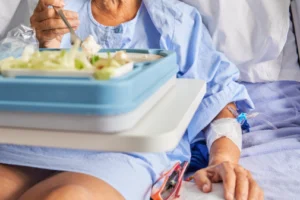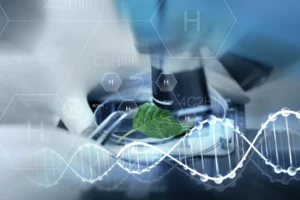
High-dose Vitamin C: An Emerging Complementary Care Option from a Research Perspective
High-Dose Vitamin C as a Promising Anti-Cancer Therapy: A Layman’s Summary
Based on Zhao et al., 2025. Genes & Diseases. https://doi.org/10.1016/j.gendis.2025.101742









